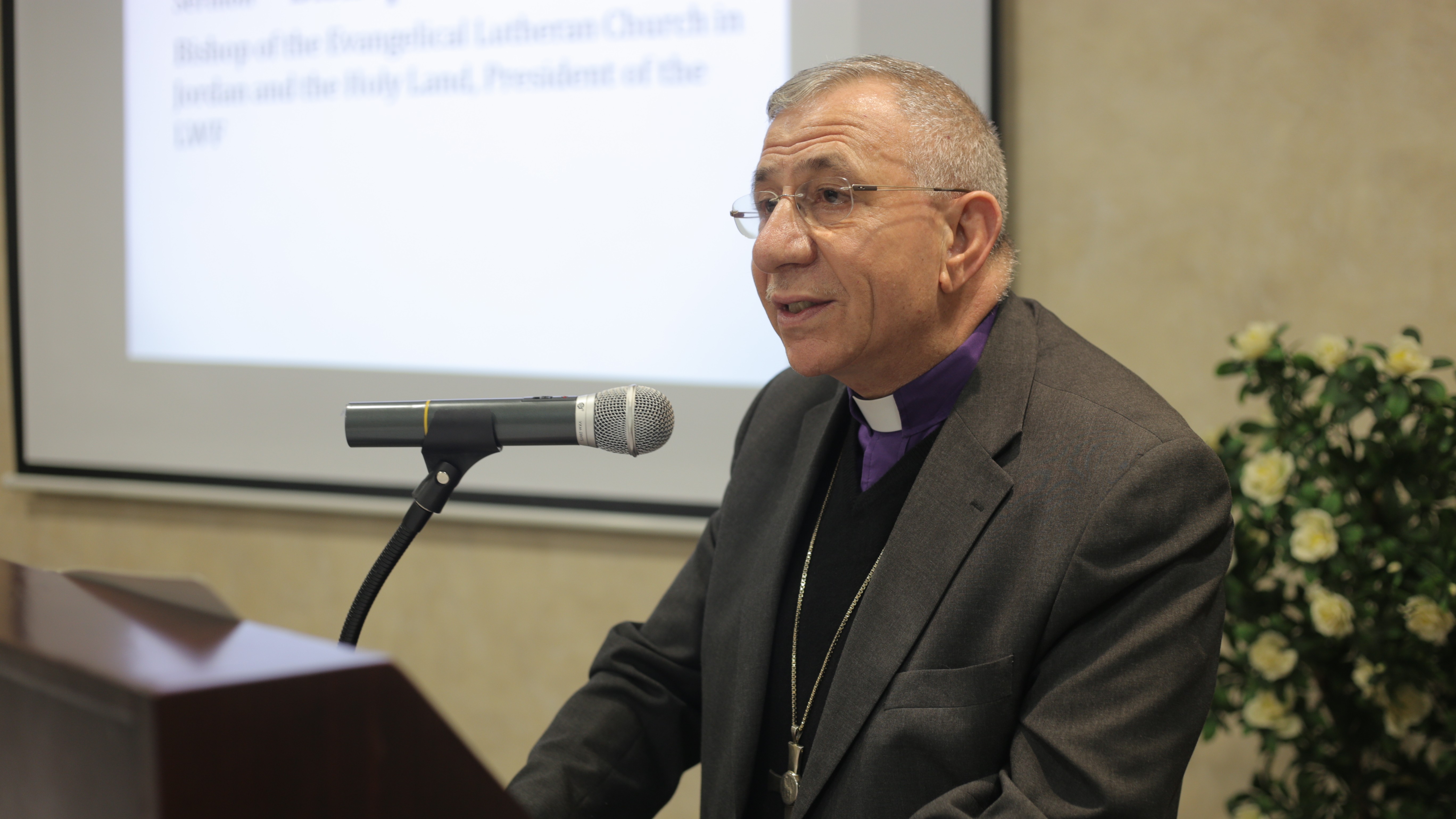Bethlehem was host to a conference convened by the Council for World Mission (CWM). Twenty international and ten Palestinian scholars committed to the praxis of the marginalized – those people of the earth perpetually destined to live in trenches of poverty and dehumanising conditions by systems of violent power configurations vividly purposed to destroy life.
The Palestinian situation, the struggles for life and cultural identity of the Palestinians was the starting point of theological and missiological reflection to resist Empire.
Participants visited sites to interact with the victims of occupation in Palestine. They saw how the Separation Wall had seriously disturbed the rhythms of life for Palestinians. They also saw first-hand how check points disrupt everyday life and deny people the right to free movement. They also witnessed the squalor of demolitions and displacements of people from their land and Israeli Settlements built on dispossessed land. The group visited Beit Jala, a local municipality described as a place inhabited by a Christian majority. Beit Jala is now a story of land confiscation, restrictions on new buildings, the destruction of agriculture and the uprooting of olive trees.
Delegates noted that this immersion experience was not any ordinary tourist exercise, but a rupture of cognitive dimensions of knowledge construction through the experiences of the tragic situations arising from systemic forms of oppression.
Participants concluded the day with an official opening of the theological colloquium with His Grace, Bishop Dr Munib Younan preaching a message of hope. Empire can never erode the yearning for liberation for a mighty fortress is our God, he said. In a challenging keynote address, Dr Mitri Raheb, a leading figure in the Palestinian Christian Community, and an eminent theologian brought home to the people assembled a message of challenge and hope. Addressing the theme “Mission in the Context of Empire: A Call for Global Theological Resistance in Palestine.”
Rev. Dr. Mitri Raheb defined the term ‘empire’ as one in which “an emperor effectively enforces his command”. Empire, he pointed out, is more than a state; it is related to the desire and ability to expand, to control. Thus, it has a geographic dimension, a military dimension, and an economical dimension, in addition to multi-ethnic and multi-cultural dimension.
Referring to the context of Palestine, Mitri described it as a space and peoples located between traditional and how it was a land at the periphery, mostly occupied: occupied by the Assyrians, Babylonians, Persians, Greek, Romans, Byzantines, Arabs Crusaders, Ottomans, British, and today occupied by Israel.
Palestine, Mitri pointed out, has resembled a corridor of world history, a battle ground for competing armies and empires. Over and over again it was destroyed, its people oppressed, and its resources exploited.
Sudipta Singh, Programme Secretary for Empowerment and Training


